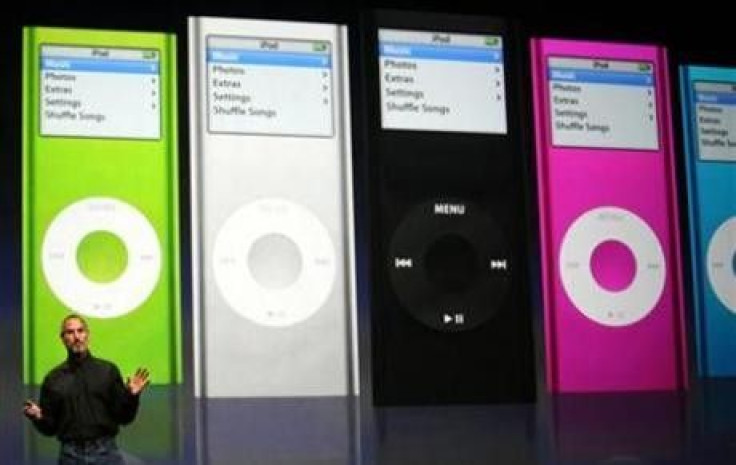Judge Says Steve Jobs Must Answer Questions On iTunes, DRM

A federal judge has ruled that Steve Jobs can be questioned over Apple's decisions to block non-iTunes music files from the iPod and iTunes.
The ruling is part of a class action suit filed in 2005 by Thomas Slattery, which charged that Apple was violating antitrust law because Apple only allowed its iTunes music filed to be played on an iPod.
Apple used software called FairPlay to keep users from loading the files onto competing music players. Though Apple discontinued the use of FairPlay in 2009 it still attaches the same digital rights management to videos. RealNetworks released software in 2004 that allowed users to convert songs bought from the RealPlayer music store to play in iPods, but Apple stopped that with a firmware update.
Judge Howard Lloyd, of the U.S. District Court for the Northern District of California, ruled that Jobs can be questioned for no more than two hours about the July 26, 2004 RealNetworks Announcement, Apple's response to it, and the software updates to iTunes that made RealNetworks' digital music files once again inoperable with iPods. In his ruling, judge Lloyd agreed with the plaintiffs that Jobs had specific knowledge that could not be obtained any other way.
Jobs has been on medical leave from his position as Apple CEO since January, though he made an appearance earlier this month when the iPad 2 was unveiled.
© Copyright IBTimes 2024. All rights reserved.











